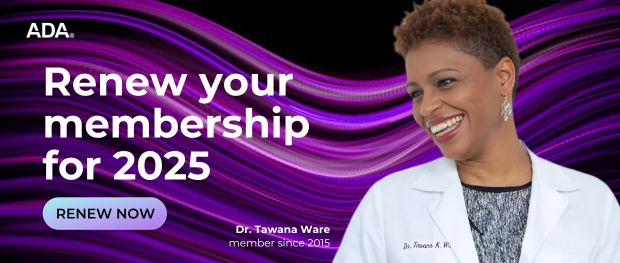Update - ADA Principles of Ethics and Code of Professional Conduct
An update in the ADA Principles of Ethics and Code of Professional Conduct (the ADA Code ) was adopted by the 2016 House of Delegates recently in Denver. The House of Delegates amended Section 5.H. of the ADA Code regarding the announcement of specialties. As amended, Section 5.H. of the Code states as follows:
5.H. ANNOUNCEMENT OF SPECIALIZATION AND LIMITATION OF PRACTICE.
A dentist may ethically announce as a specialist to the public in any of the dental specialties recognized by the American Dental Association including dental public health, endodontics, oral and maxillofacial pathology, oral and maxillofacial radiology, oral and maxillofacial surgery, orthodontics and dentofacial orthopedics, pediatric dentistry, periodontics, and prosthodontics, and in any other areas of dentistry for which specialty recognition has been granted under the standards required or recognized in the practitioner’s jurisdiction, provided the dentist meets the educational requirements required for recognition as a specialist adopted by the American Dental Association or accepted in the jurisdiction in which they practice.* Dentists who choose to announce specialization should use “specialist in” and shall devote a sufficient portion of their practice to the announced specialty or specialties to maintain expertise in that specialty or those specialties. Dentists whose practice is devoted exclusively to an announced specialty or specialties may announce that their practice “is limited to” that specialty or those specialties. Dentists who use their eligibility to announce as specialists to make the public believe that specialty services rendered in the dental office are being rendered by qualified specialists when such is not the case are engaged in unethical conduct. The burden of responsibility is on specialists to avoid any inference that general practitioners who are associated with specialists are qualified to announce themselves as specialists.
_______________________
* In the case of the ADA, the educational requirements include successful completion of an advanced educational program accredited by the Commission on Dental Accreditation, two or more years in length, as specified by the Council on Dental Education and Licensure, or being a diplomate of an American Dental Association recognized certifying board for each specialty announced.






